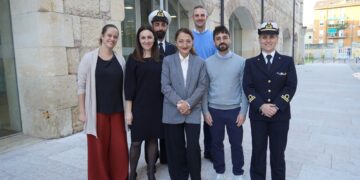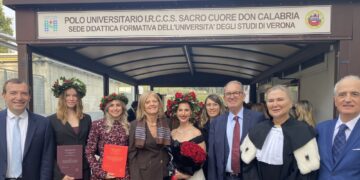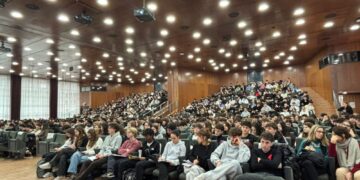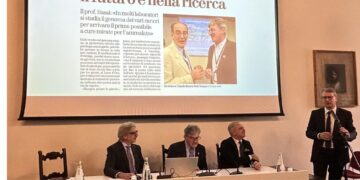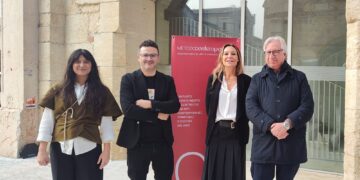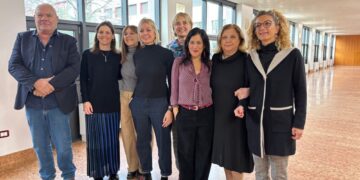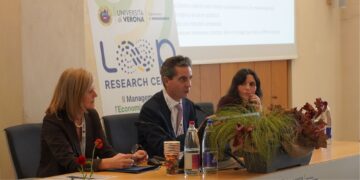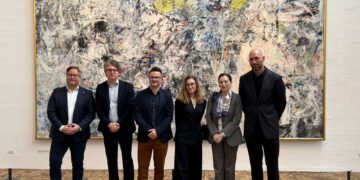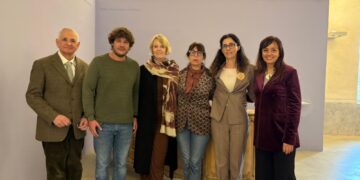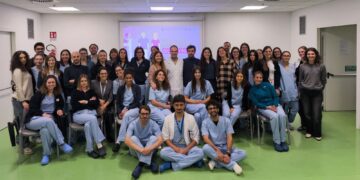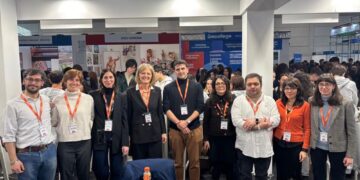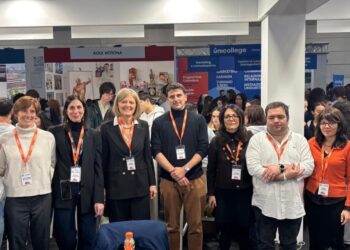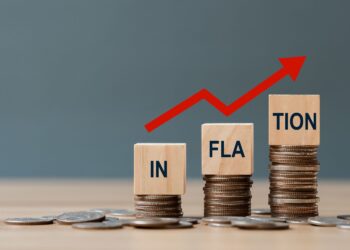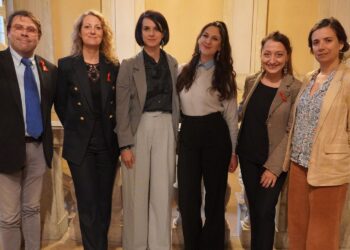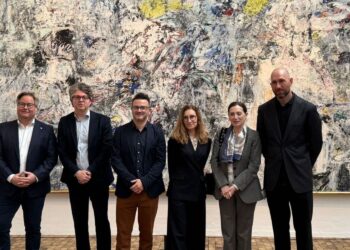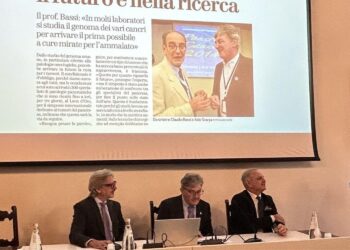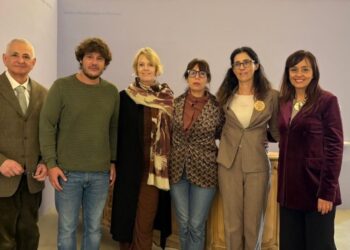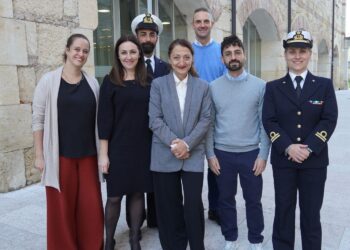Scientists have made a major breakthrough in the comprehension of the genetic causes which determine myocardial infarction. In the last few days, the results of a new research have been published on the prestigious scientific journal called Nature. Some researchers of the University of Verona and of the University of Verona Health Care Service, Professor DomenicoGirelli, Professor Nicola Martinelli and Professor Oliviero Olivieri of the Department of Medicine and of the Internal Medicine Section took an active part in this research. The director of the Internal Medicine Section is Professor Oliviero Olivieri. The new research study, co-ordinated by Sekar Kathiresan, Professor of the University of Harvard and of the Massachusetts Institute of Technology of Boston, focused on subjects suffering from myocardial infarction at an early age, also called “precocious”. This kind of myocardial infarction arises in men under 50 and in women under 60. This kind of subjects are an ideal model for the study of the DNA in infarction, because in this kind of subjects the role of genetic factors is considered to be maximal.
Cardiovascular diseases and genetic factors.According to the latest data,elaborated by the World Health Organization,cardiovascular diseasesare the rifest illness and the principal cause of death in the world, both in the developed countries and in the developing countries.Among this group of diseases, acute myocardial infarctionis the principal cause of death, determiningmore than 7 millions of deceases pro year.Even if uncorrent ways of life, such as tobacco smoking, hypercaloric and high-fat diets, lack of physical activity, are the main causes of the infarction, also genetic factors play an important role. The risk of developing infarction caused by genetic factors is of 40%. In the last years, with the improvement of technologies for the analysis and the study of the DNA, enormous progress have been made in order to discover the genetic factors which determine infarction, even if the researchers have not given a complete meaning to them yet. The researchers of the University of Verona are leading researches on the genetics of myocardial infarction from many years, thanks to a study on the hearth, called Verona Hearth Study, known the world over. CariVerona Foundation and the Regione Veneto body supported this study.
The results of the study.After havingdetermined some common genetic variants associated to a moderate risk of development of infarction in the last years, this time the researchers have focused on the quite rarest, but at higher-risk,variants. The researchers explain: “We have led this research applying sequencing methodologies of the DNA of the latest generation (called Next Generation Sequencing or NGS) for the study of the so-called exomes. The exomes are DNA regions who control the production of all the proteins who make up the human organism. Thanks to these advanced methodologies, which are able to study the DNA with a precision and an attention unimaginable till some years ago, researchers have determined two genes particularly important for the development of myocardial infarction. The first gene codifies for the receptor of the so-called bad cholesterol, also called LDL cholesterol (LDL receptor or LDLR). Mutation inactivating this gene cause a reduced disposal of the LDL cholesterol from the blood, which gather in the arteries, determining its obstruction and infarction in the end.” .
The LDLR gene was known past time, but people thought that mutations inside this gene were very rare. The researchers add: “Instead, this study demonstrates that they are present in the 2% of the general population and the carriers risk to develop the myocardial infarction at an early age very much, notwithstanding also from uncorrect ways of life. Now NGS methodologies allow to determine this kind of mutations at a controlled cost, which will decrease ever more in the next years. This will be particularly important in order to make a precocious diagnosis in these subjects, a necessary diagnosis in order to intervene just in time and prevent the development of infarction.”.
The other determined gene controls the synthesis of a protein called Apolipoprotein A5 (APOA5), which associates itself with the triglyceride-transport in the blood. They explain:“APOA5 mutations prevent triacylglycerol degradation, increase the level in the blood and, also in this case, favour the formation of vascular plaques, which is the main cause of infarction. The discovery of the so-called APOA5 as gene involved in infarction confirms the causal role of triglyceridesin the development of the disease,together with the role of the most knownbad cholesterol. It opens up new therapeutic perspectives to the sick and the only control of cholesterol levels into their bloodstream does not seem to be sufficient.”.
12/16/2014

